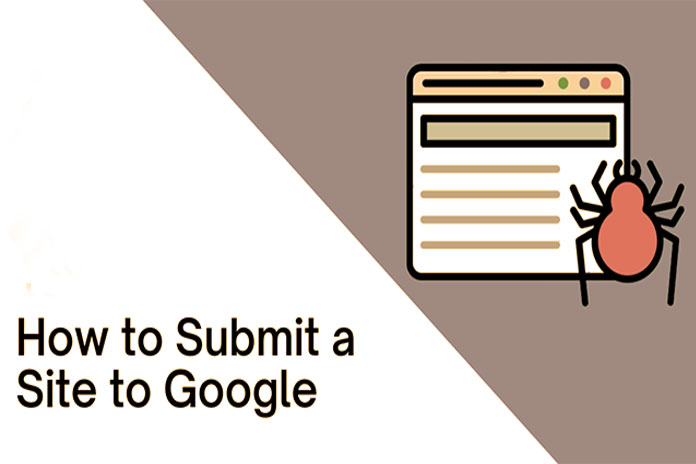Submitting a site to Google is easier than you think. Indeed you, too, think of Google as a giant of the web with which it is impossible to interact. But that’s not the case. The cornerstone of Google’s philosophy is transparency combined with respect for original content; for this reason, its platform has strict rules on privacy and website activities. Therefore, any website administrator who violates any of these rules is violating the Google Community Terms.
For this reason, Google encourages you to report misuse and, in recent years, has increased the tools you can use to interact with its platform. One allows you to report a site using the appropriate functions among the many interaction possibilities. And that’s precisely what we’re going to tell you about today. By following all the instructions step by step, you will not have any difficulty using them. You will surely be curious to discover these features and what you need to do to report a site to Google. Now, all you have to do is continue reading our little guide.
Submit A Site To Google: Why Do It?
If you have found yourself reading this article of ours, it is because you need to report a site to Google. But how does this need to arise? There can be many reasons why you may want to report a site to Google:
- Personal defamation
- Misuse of your image, if your image has been denigrated or you have not signed a release for use
- Pages that stream illegally
- Websites dealing with drug dealing and human trafficking and any other subject related to this type of crime
- Sites that contain incitement to bullying
- New sites still need to be indexed and added to Google search results
- Spam sites, scam sites, or malware or phishing sites
Today we at Made will mainly focus on the latter two.
Also Read: How To Install Google Analytics On My Site?
Let’s Start By Understanding How To Report A Site That Still Needs To Be Indexed
It rarely happens that the Google bots, i.e., the Google programs that detect and index new web pages, make mistakes or don’t fully perform their job. As a rule, Google recognizes the Internet sites that have just been inserted or that have just been updated almost immediately and automatically. But in reality, everything is possible, given that Google has allowed its users to report these problems anyway. To overcome this difficulty, Google has created a free tool called “Adding/Updating a URL”. To use this tool, you need to:
- Type in the search bar “Adding a URL”
- Connect to the dedicated page “Adding/Removing a URL”
- Enter the address of the Internet site you want to report to Google in the URL field; even only through its domain, by including the prefix (https:// or http://).
- Then enter a brief description of the type of site you want to report in the “Comments” field.
- Finally, click the “Add URL” button at the bottom left to send your report.
Once the report is sent, it is usually taken care of within a few days. Even if Google indexes your website and appears within the SERP, it does not necessarily appear at the top of search results. Indeed, precisely the opposite since having an indexed site does not necessarily imply good positioning. Indeed, the positioning of a website depends on many factors, such as: The quality of the content, the keywords used, the blog’s presence, the various SEO strategies, etc.
How To Report A Spam/Malware Or Phishing Site To Google
If Reporting a site for non-indexing was very simple, reporting a scam or fraudulent site will be even more accessible. In this case, Google has also made available a page where all users can send their reports. It is essential to point out that to carry out this kind of report, it is always necessary to have a Google account. So to report a site to Google, you will need to:
- Log into your Google account using your credentials.
- Type in the search bar “Google Search Central” and click on the first link.
- Select the “Assistance” item from the top menu.
- On the new page, you will find a list of all the functions; among these, you will have to click on “Report spam, paid links or malware”.
- Choose among the various reports, for example, Report Spam, Report Malware, Report Phishing.
- Once you click on one of the alternatives, a page will open where you will be asked for the web page’s address, the search terms with which it is displayed on Google and further optional details.
- Now click Submit, run the reCaptcha, and you’re done.
According to the type of notification, the entries or the fields filled in can change, but in general, you should now be able to complete your report. We at Made advise you to use these reports with care. Always ensure these sites go against Google’s terms of use.
Also Read: What Is A Website Mockup, What Is It For, And How To Do It?
